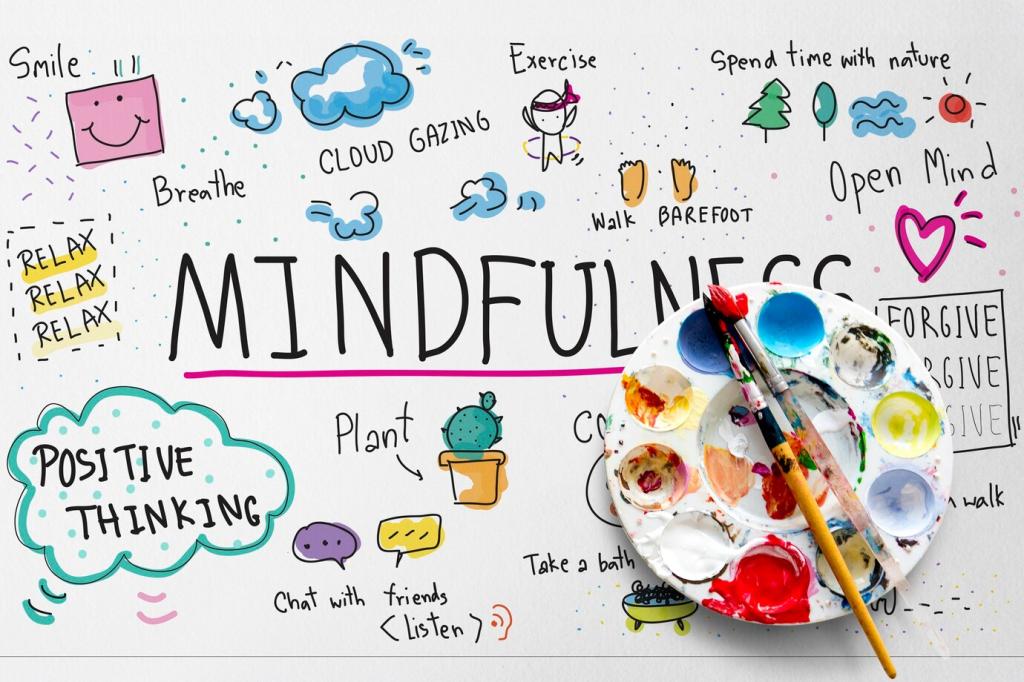Designing a Mindful Team Culture
Open sprint planning with a two-minute check-in: one word for how you feel, one hope for the sprint. This simple ritual increases empathy, surfaces risks, and boosts accountability. Readers, share your favorite focus ritual so we can build a shared library.
Designing a Mindful Team Culture
Encourage the phrase, “I might be wrong, here’s my current best guess.” Normalizing uncertainty invites learning. Pair it with gratitude shout-outs to reinforce pro-social behavior. Over time, silence breaks earlier, bugs surface faster, and creativity grows measurable legs.




